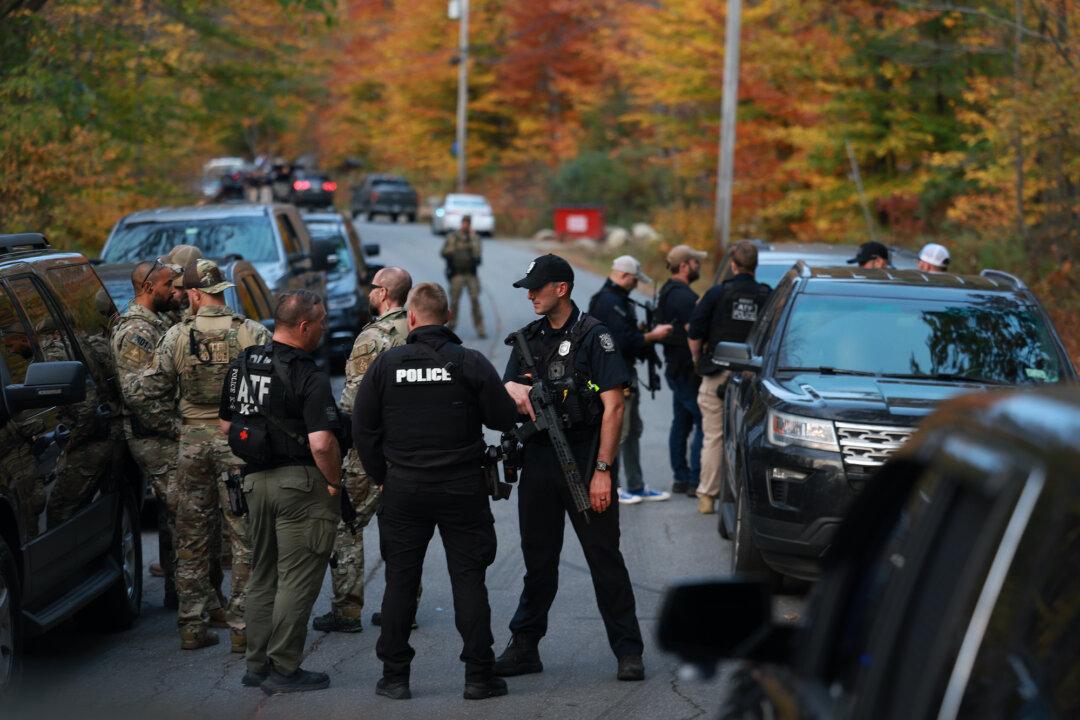Commentary
Another mentally disturbed American murdered 18 people last week in Maine. While Americans’ attention has been on the problems of people far away, the mass shooting was an unsettling wake-up call to the problems in our own country.

Another mentally disturbed American murdered 18 people last week in Maine. While Americans’ attention has been on the problems of people far away, the mass shooting was an unsettling wake-up call to the problems in our own country.